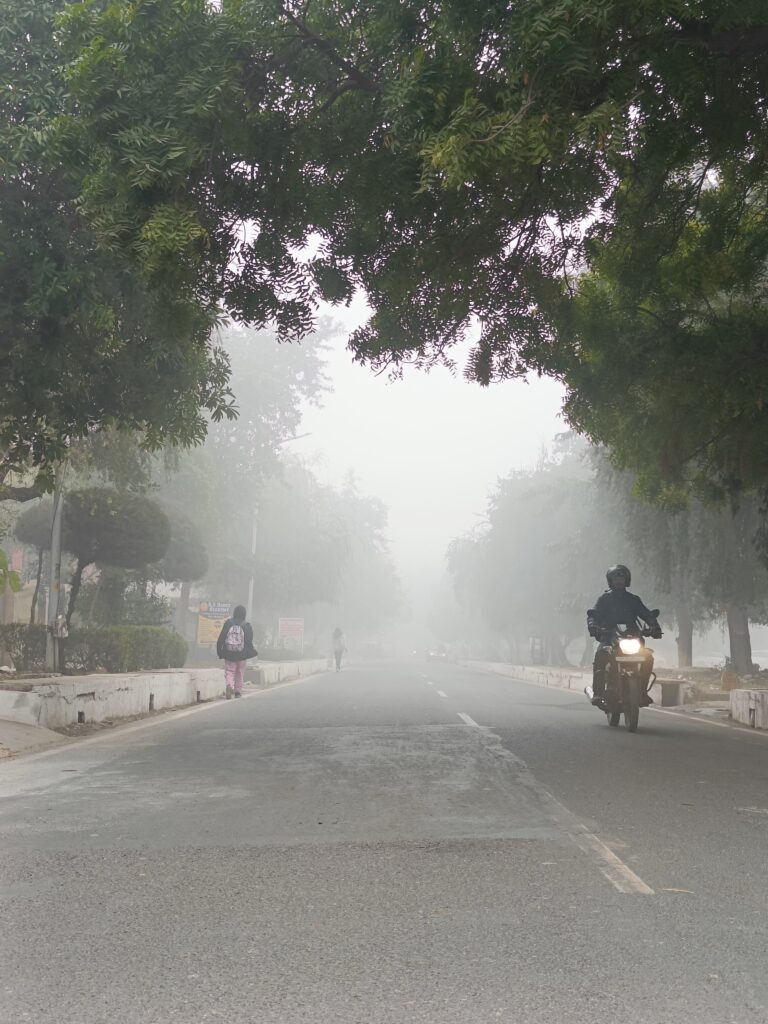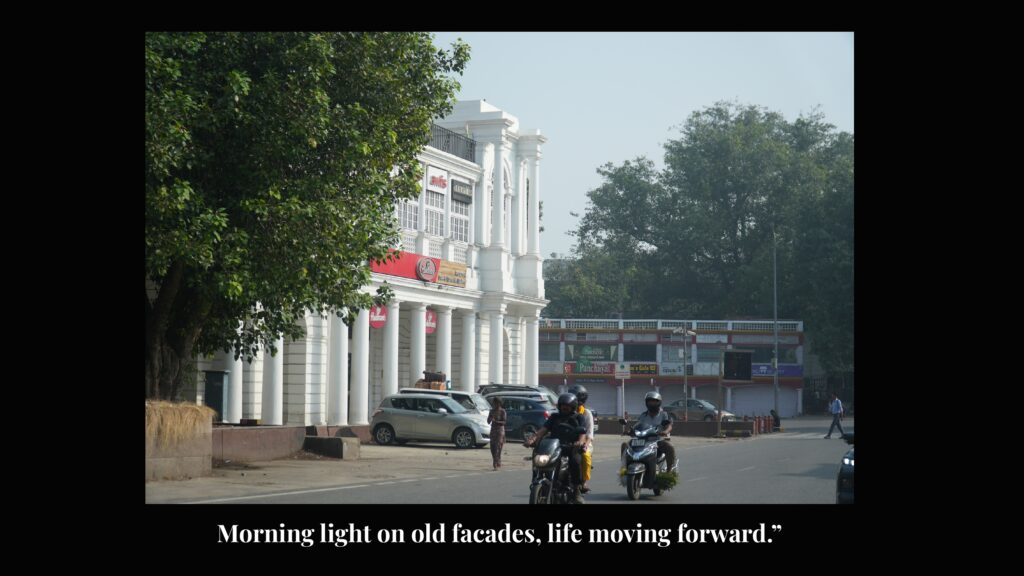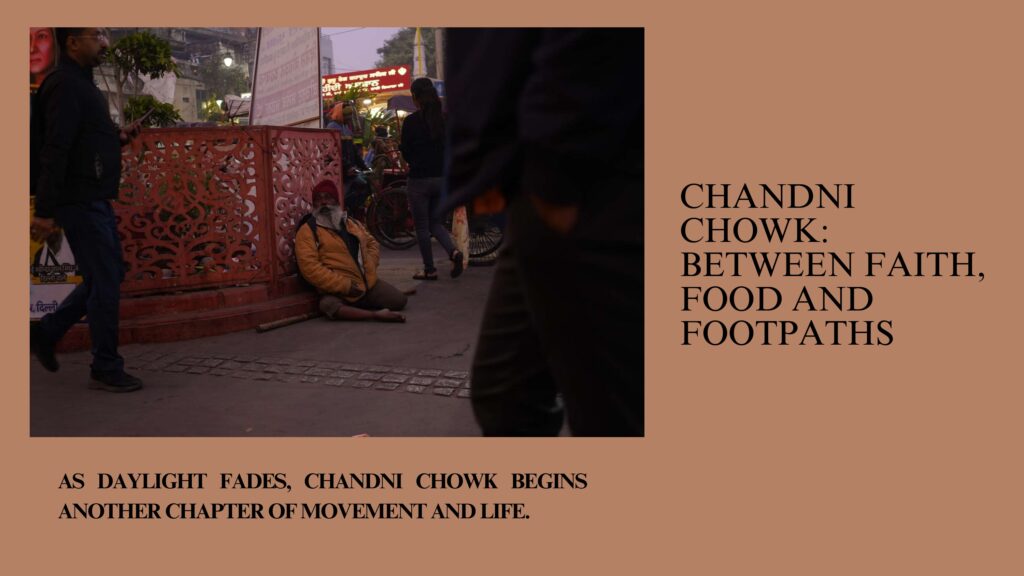SNEHAL*

Delhi, India: The home to millions of people and nation capital Delhi is currently in the grip of a bone-chilling cold wave. This year is no different, with the city already experiencing a cold wave that’s sent shivers down spines and disrupted daily life. Temperatures have plummeted to their lowest in years, with the minimum on Friday morning dipping to a teeth-chattering 3.5 degrees Celsius. The temperature in Delhi is the same as the temperature of various hill stations. According to the official report of Indian Metrological Department (IMD), the visibility in the regions of Indira Gandhi International (IGI) Airport fall around 0-50 meters. Due to low visibility, the trains got delayed by 1-6 hours, but flights didn’t have any major impact. But the airlines have issued guidelines and asked people to be updated with flight information and have apologized for any inconvenience.
According to officials, the blanket of fog is like what we saw in 2019 due to low wind speeds and climate concerns. On 12 January 2024 Delhi recorded the coolest morning with 3.5 degrees compared to Thursday morning which recorded around 5.8 degrees. The IMD has issued a “yellow” alert and has said the minimum temperature would remain around 4-5 degrees while maximum would be 19-20 degrees.
Low wind speeds and a western disturbance originating from Afghanistan and Pakistan, has brought widespread misery to Delhiites. Dense fog has engulfed the city, reduced visibility and disrupting air and rail travel. Schools have been forced to close, and many outdoor activities have been canceled.
Extreme cold poses a serious health risk, especially to vulnerable populations like the elderly and young children. Respiratory illnesses, heart problems, and hypothermia are all concerns during such weather conditions. Hypothermia, pneumonia, and other ailments also become more prevalent during such weather, putting a strain on healthcare systems. Winters in Delhi are also a reason for air pollution. During this time, the Air Quality Index falls to severe and hazardous levels leading to respiratory and other problems related to health. Currently, Delhiites are living in AQI of 317 with 2.5 pm which is 18.6 times more than WHO safe zone. The Delhi government has issued a health advisory urging people to take precautions and stay warm. They have asked people to stay indoors and cover their nose with scarf or mask whenever they go out.
The cold wave in Delhi is a stark reminder of the harsh realities of winter in North India. Few days are among the cold or severe cold days in Delhi in which temperature falls vary significantly. The Delhi NCR regions the somewhat heat of the sun with chilly waves which lowered the temperature. While the city slowly adjusts to the biting temperatures, concerns remain about the long-term impact on vulnerable communities and the overall health of the city.
It is important to stay informed about the latest weather updates and follow the advisories issued by the authorities. By taking simple precautions and helping those in need, Delhi can weather this cold wave and emerge stronger on the other side.
*(STUDENT BA-JMC III SEM)*






